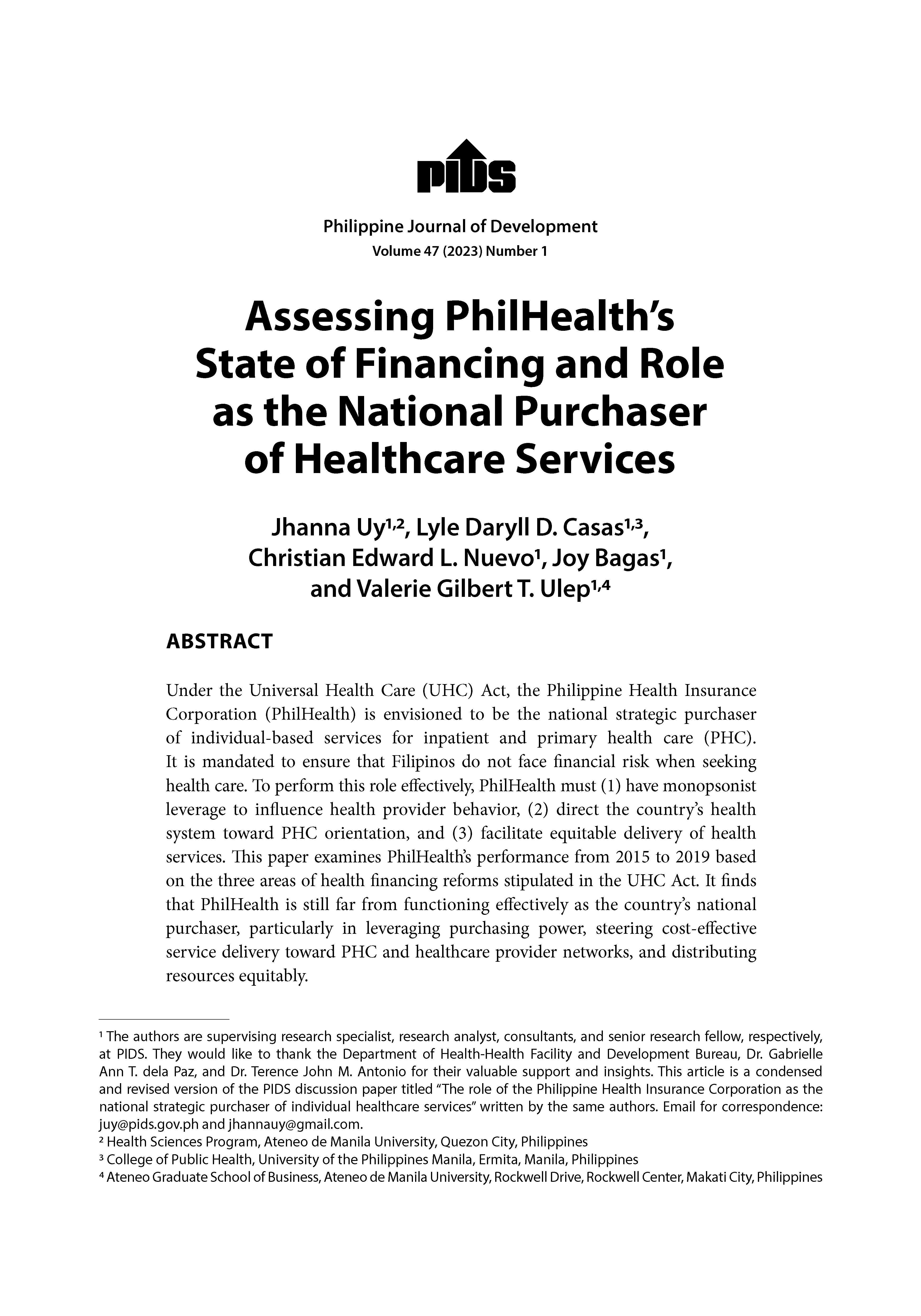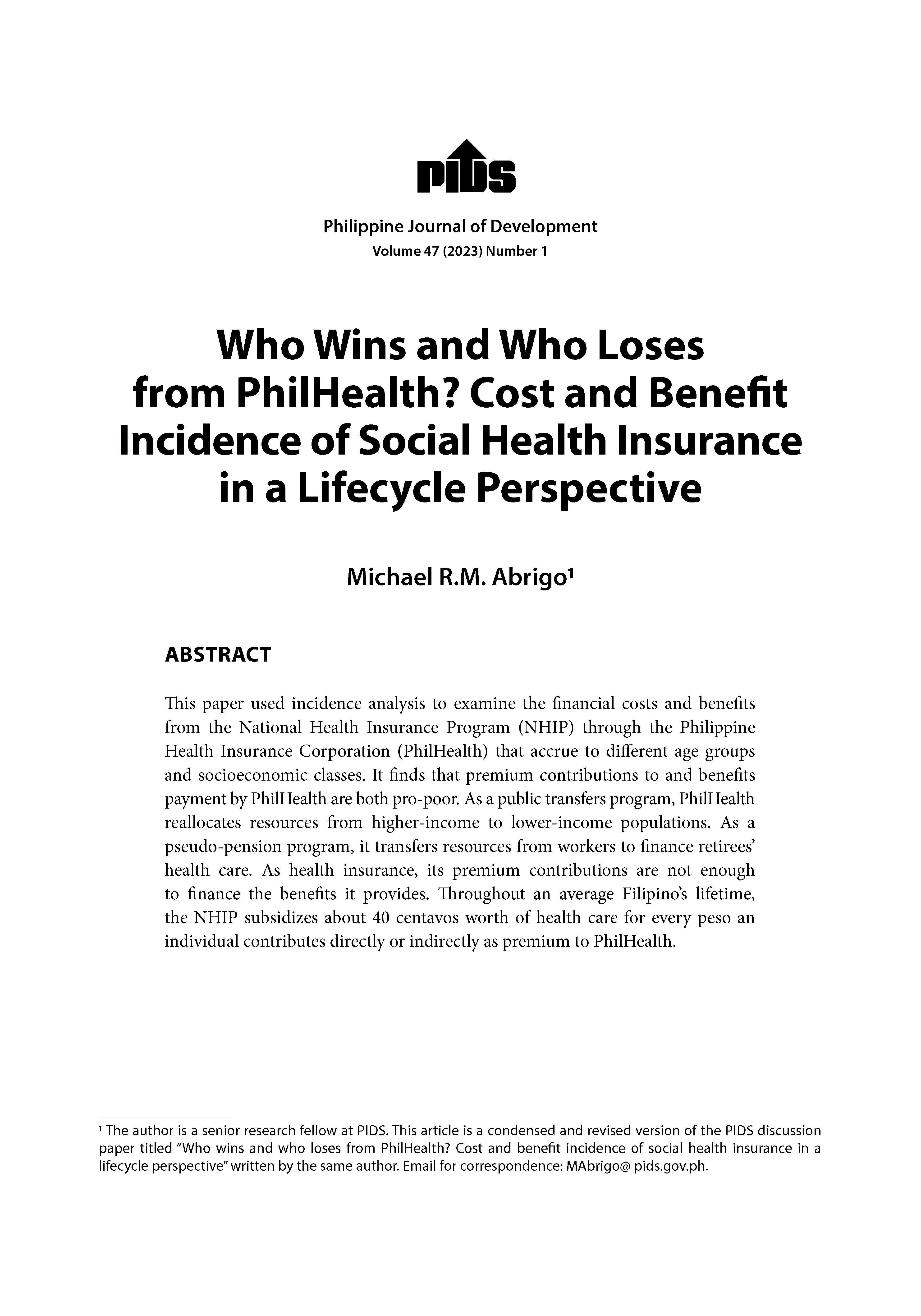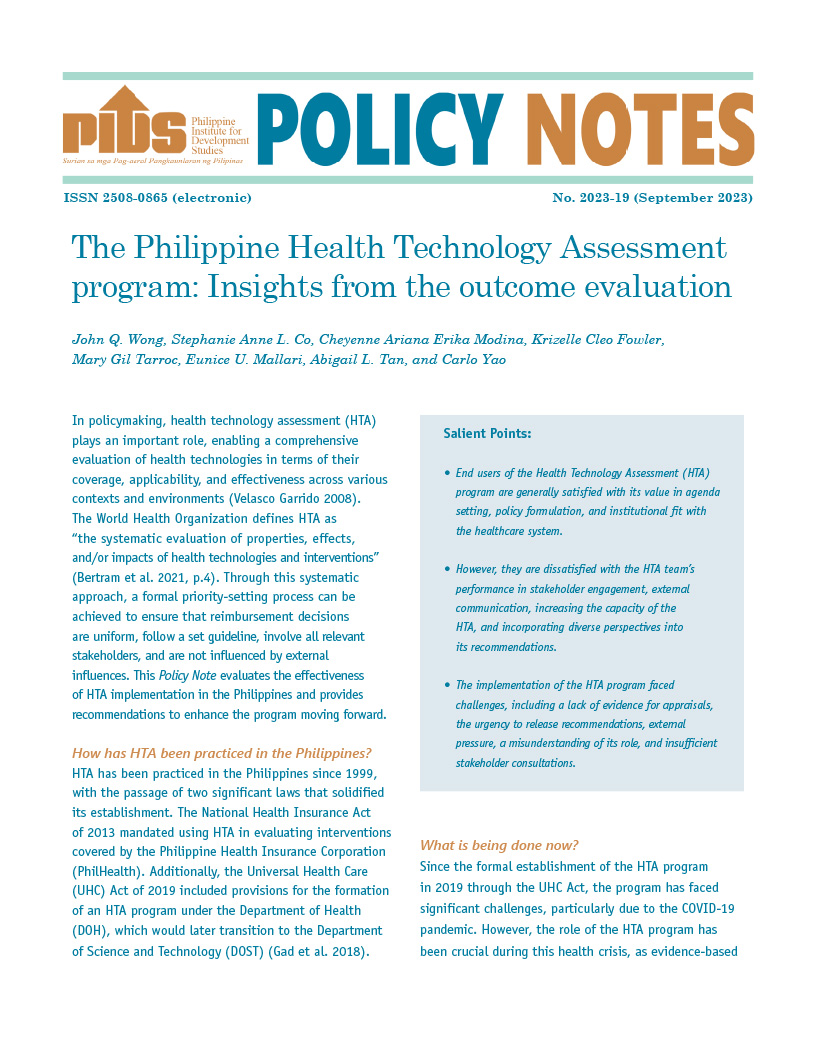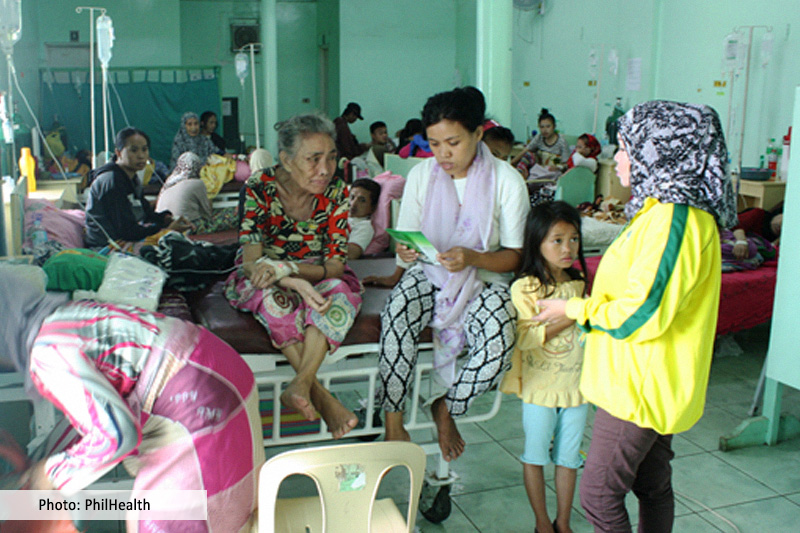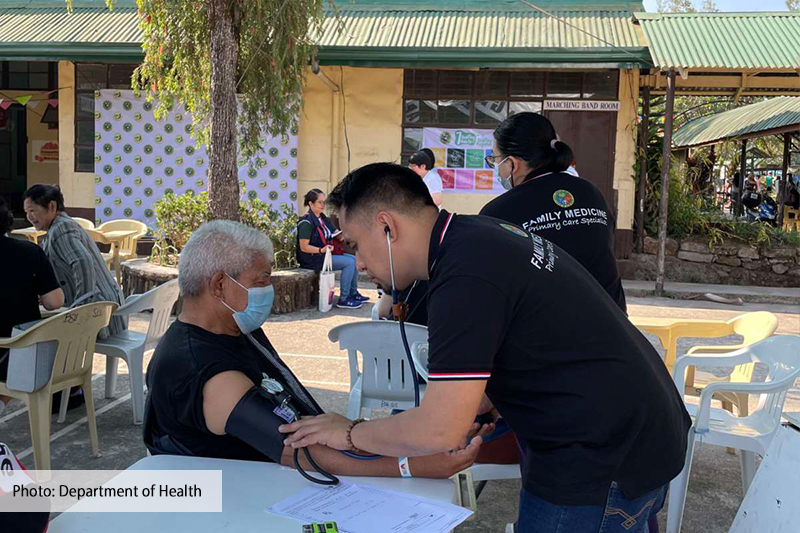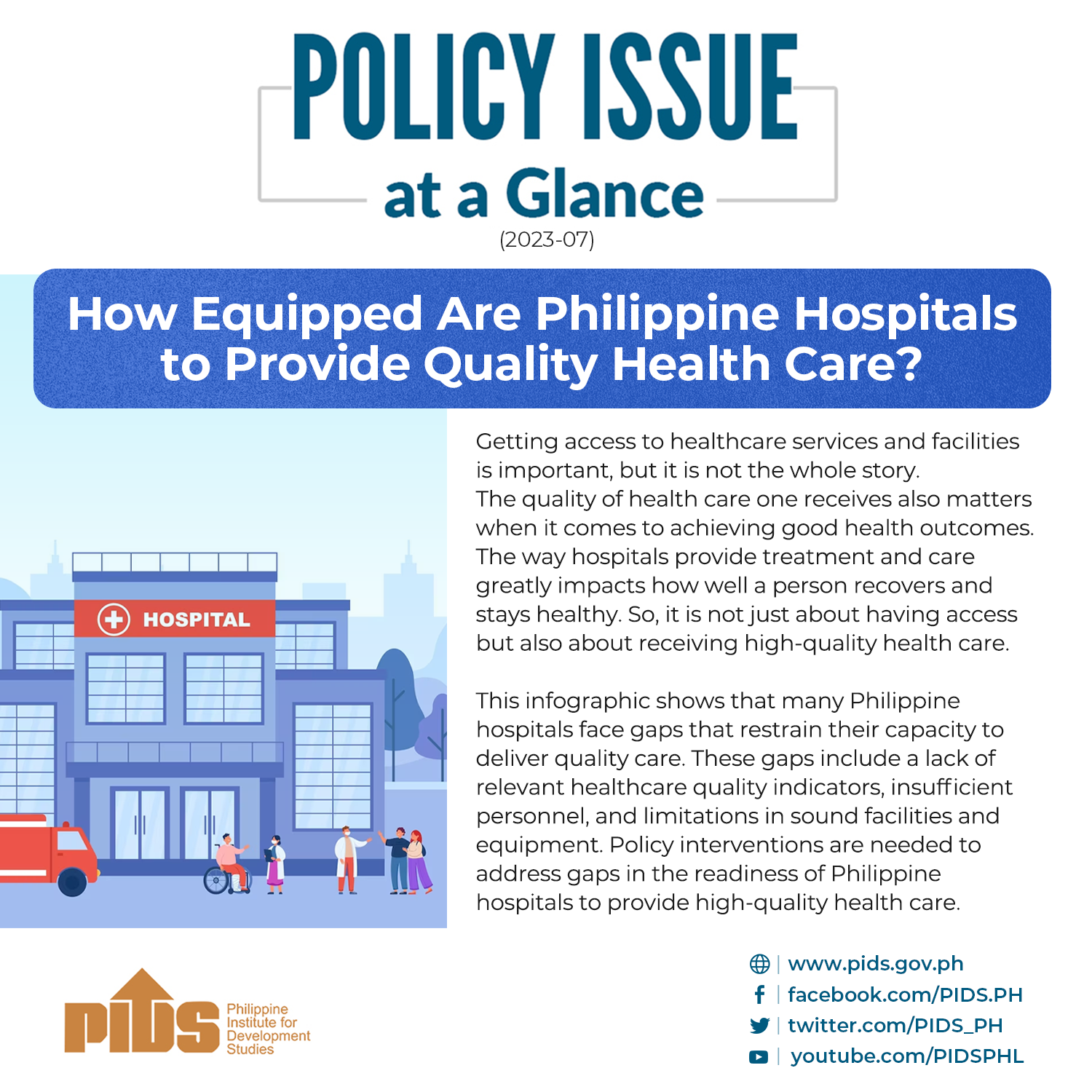This paper reviews the Philippine Health Insurance Corporation’s (PhilHealth) performance from 2015 to 2019 based on the three areas of health financing reforms stipulated in the Universal Health Care Act, which envisions PhilHealth to be the national strategic purchaser of individual-based services for inpatient and primary health care. It found that PhilHealth has not been functioning effectively as the country’s national purchaser, particularly in leveraging purchasing power, steering cost-effective service delivery toward primary health care and healthcare provider networks, and distributing resources equitably. To perform PhilHealth’s intended role, the corporation must have monopsonist leverage to influence health provider behavior, facilitate primary health care orientation, and lead the equitable delivery of health services.

